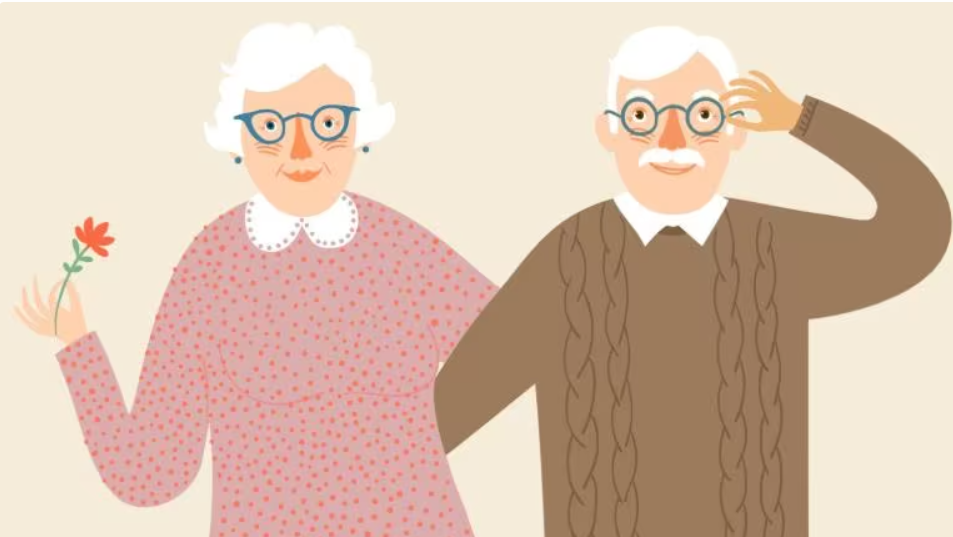Some laws are below:
Maintenance and Welfare of Parents and Senior Citizens Act, 2007: This law ensures that parents and senior citizens are provided with maintenance and basic needs by their children or relatives. It applies to both sons and daughters, making them responsible for the care and maintenance of their parents.
Paternity leave is allowed, same as maternity leave. According to the Central Civil Services (Leave) Rules of 1972, male government employees are permitted to take paternity leave up to 15 days before or six months after the child is born.
However, as there is no law requiring the private sector to offer paternity leave, it is frequently up to the individual companies to create their own leave policies.
Although there is Paternity Benefits (Amendment) Bill 2017 which has not yet become legislation, this proposal aims to give men paternity benefits by allowing them to take time off following the birth of their kid especially in private sectors. Its goal is to encourage gender parity in parental duties.
Hindu Minority and Guardianship Act of 1956: This legislation declares the father, together with the mother, to be the natural guardian of a minor child (under the age of 18) in a Hindu family. The wellbeing of the child is, still, given top priority in cases of disagreement.
With amendments it also allows a single guy to be of sound mind, not underage, and financially able to rear a kid in order to adopt both a boy and a female child.
Age disparity should be 21 years if he is adopting a Hindu female child.
However, a single guy(to be father) is not permitted to adopt a girl child by Central Adoption Resource Authority regulations due to the exploitation of a girl child.
Guardians and Wards Act, 1890: This law governs the appointment of guardians for the care and custody of a young child and is applicable to all Indian nationals. According to this law, the father is regarded as a natural guardian.
In India, fathers can get custody of their children provided they can convince the court that doing so is in the child's best interests. There are various circumstances under which a father may request sole or joint legal custody of a child by proving that if the woman chooses to give up custody of the child, if the child is 13 years old or older and expresses a desire to live with his father, if the mother is unable to care for the child, if the mother has a poor reputation and this might harm the child, if the father can demonstrate both the mother's financial incapability, which would impact the child's upbringing in the future, and his financial ability to care for the child, if the mother is serving time in jail, the Court will grant the father custody of the child.






